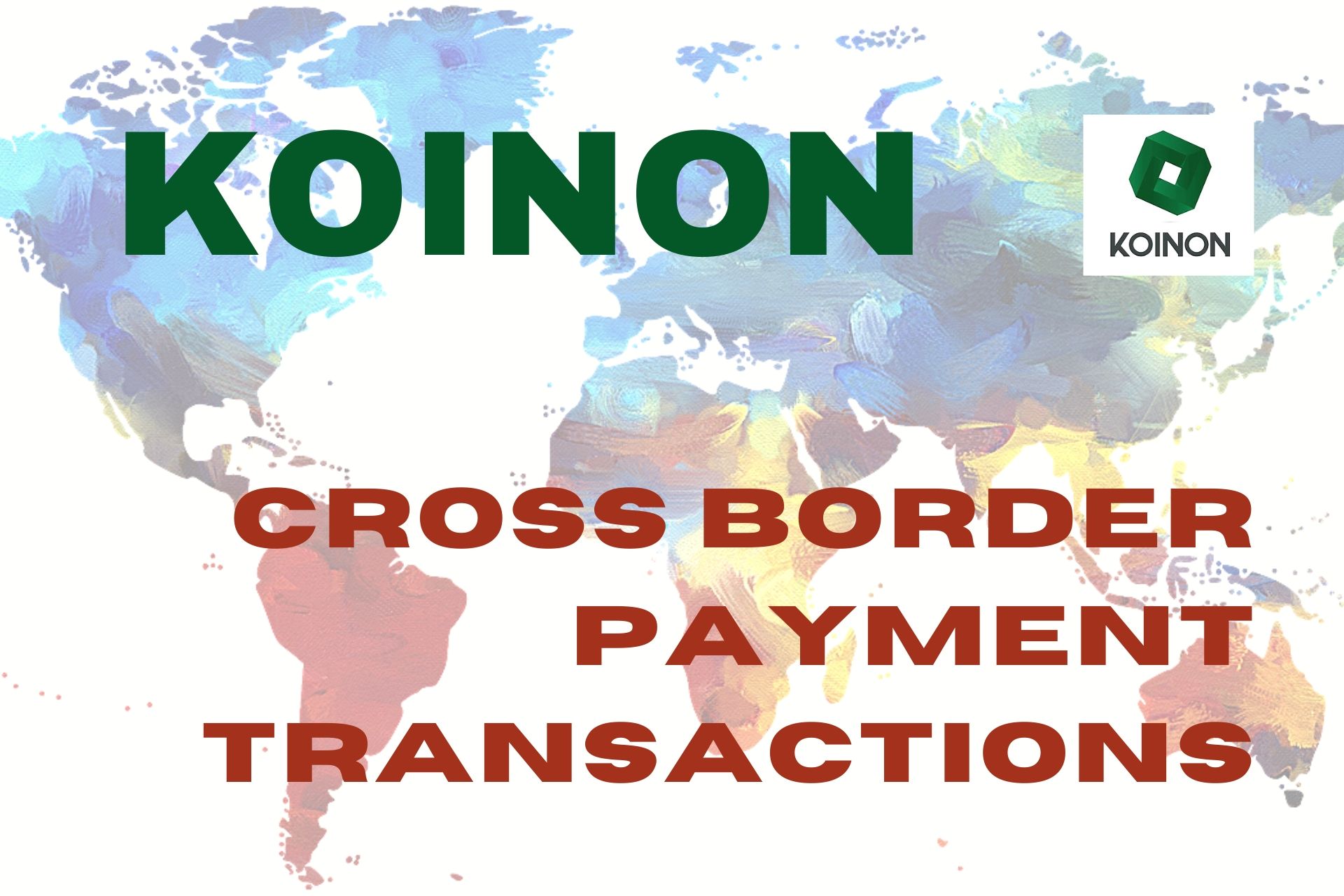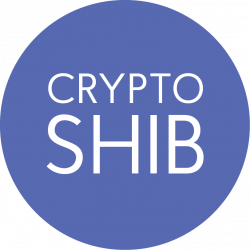KOINON Remittances Into Africa – Zimbabwe and Global Cross Border Payment Transactions

Over the last decade, the existence of cryptocurrencies in the global financial system has played a vital role in different ways. While many see digital currencies as a store-of-value and investment, some see it as a means of protecting their hard-earned money in case of failing economies and devaluating local currencies.
Countries like Zimbabwe, Venezuela, and some from the African continent have seen a larger demand for digital currencies than ever before. Reasons like an economic failure, hyperinflation, etc. have served as the catalyst for cryptocurrency adoption.
The thing is more and more consumers and enterprises are now shifting their base on blockchain driving them towards crypto use. However, the thing with using public distributed digital currencies is that they are very much volatile in nature.
Additionally, the infrastructure is not robust enough to handle thousands of transactions at a given time. Thus, cryptocurrencies like Bitcoin and Ethereum don’t provide an ideal use for PoS transactions.
KOINON is one such blockchain platform that aims to solve all these barriers and provide simple, frictionless, cryptocurrency payments. Its native cryptocurrency KOIN offers a perfect use-case catering to the requirements of unbanked, underbanked, NGOs, consumers, enterprises, and local merchants. Thus, KOIN serves as a global cross-border cryptocurrency for stable payments and services.
Before we proceed to see how Africa and Zimbabwe in particular can benefit from the KOINON payments ecosystem, let us first understand its working.
KOINON Payments Ecosystem
Unlike other traditional blockchain networks like Bitcoin and Ethereum, the KOINON blockchain facilitates transaction settlements just in 1-3 seconds. Moreover, KOINON blockchain transaction cost is negligible or near to zero at just 0.0001 KOIN (approx. 0.00265 US cents) cents per transaction.
Another great thing is that the KOINON blockchain has got a very high bandwidth capable of processing 44,000 concurrent transactions every second. This is massive when compared to the world’s largest payment processor Visa that processes 25,000 transactions per second.
The KOINON blockchain payment system consists of:
- KOINON Chameleon Pay Wallet: The Chameleon Pay eWallet facilitates sending/receiving KOIN transactions as well as the storage of KOIN cryptocurrencies. Besides, it also crypto-to-fiat remittances and QR code-based merchant payments.
Using the KOINON eWallet, users can also create their crypto holding accounts and receive incentives in KOIN cryptocurrency. This particular use-case is very useful for people of Zimbabwe and Africa to protect their savings from the local deflating currencies. - KOINON Payments: It facilitates Omnichannel Cloud Point-of-Sale (PoS) payments for both offline and online merchants.
- KOINON Crypto Debit Card: The KOINON cryptocurrency-backed international debit card works like any other international payment card but backed by cryptocurrencies held in the KOINON eWallet.
The KOINON blockchain powers this entire KOINON ecosystem. The KOINON ecosystem thus facilitates payments for different purposes like freelance fees, NGOs/Non-profits, sending money to refugees, etc.
Besides, users can pay their daily utility bills as well as eLearning and Educational course fees paid in KOIN. Moreover, they can pay to merchants and physical stores using the Point of Sale QR code payments.
KOINON Facilitating Stablecoin Payments in Africa and Zimbabwe
KOINON has facilitated Africa Stablecoin Initiative to facilitate payment solutions to pan Africa economies. Stablecoins are basically digital currencies pegged to fiat currencies or other stable assets like gold and minerals.
The Koinon ecosystem-backed stablecoins leverage the underlying assets and provide extra asset transfer and liquidity to the market. The purpose of this stablecoin initiative is to provide a replacement for local currencies of unstable economies suffering from hyperinflation.
Moreover, the use of stablecoins will help Africans tap new opportunities in the field of software, education, skills, etc.
The African Stablecoin currency Boards will guide for the liquidity of stablecoin assets flows in the country. Besides, the KOINON team has also planned to bring its blockchain-based stable payments and savings system in Zimbabwe.
The Koinon-powered Manera School of Technology will work in collaboration with Zimbabwe’s second-largest telecom giant Net One/One Money. Manera and NetOne together have worked to develop a fully integrated Net One Bulk Biller Software System.
This will allow the people of Zimbabwe to have a stable, secure, low cost, and convenient means to hold their money. The Zimbabwe economy has been in very poor shape over the last few years, ensued in hyperinflation.
Founder of Koinon, Matthew Mecke said:
This is a huge problem for the whole economy in Zimbabwe, both consumers, and enterprises. The opportunity with Manera Credits/KOIN is very attractive and beneficial for them.
Mecke further added that “Initial indications are a large part of the economy in Zimbabwe may be interested in holding and using Manera Credits/KOIN. Our projection is that by the end of this summer Manera will start selling to consumers in Zimbabwe and we expect heavy growing demand starting before the end of 2020.”
Matthew Mecke
Conclusion
With its robust technology and infrastructure, Koinon looks to tap into those markets where traditional banks have failed in providing essential banking services. Apart from Africa and Zimbabwe, KOINON is also expanding its wings in the Asian blockchain market which is showing signs of promising growth in years to come. Crex24 now is trading KOIN via 3 trading pairs (KOIN/PAX, KOIN/BUSD, KOIN/USDC), stablecoin holders globally can acquire KOIN and African KOIN holders can exchange for USD Stablecoins thus providing inward and outward Africa remittances via KOIN and USD stablecoins.
